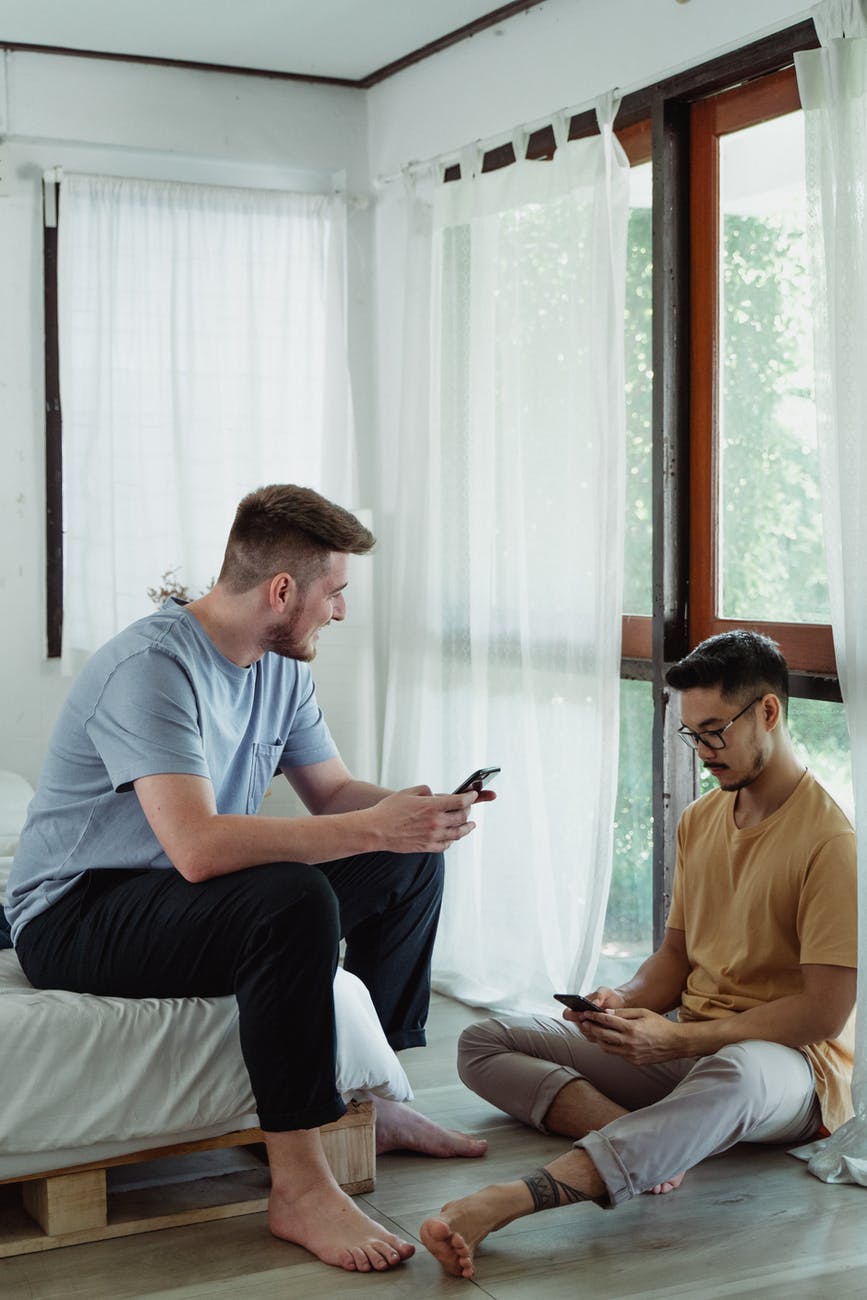
Becoming Social Media Savvy: How to Build a Healthier Relationship Online
April 25, 2025

In this post, we’ll explore how to build a healthy relationship with social media by understanding its impacts and cultivating mindful habits.
The conversation about how social media affects mental health has been ongoing for years. For me, I’ve encountered that discussion mostly from two sides:
- On one hand, we hear how social media connects people across great distances.
- On the other hand, it’s clear how it can add stress to our lives—whether through fear of missing out (FOMO) or the endless pressure of comparison culture. (“I should look more like that,” or “I should be doing more things like that.”)
Often, people lean into one side of this debate. But finding a balanced approach to social media is crucial for maintaining your mental and emotional well-being.
The Negative Effects of Social Media
Before we dive in, know that these aren’t ranked by importance. What impacts one person most might not be the same for another.
Let’s start with time spent on social media.
You’ve probably heard the terms “doom scrolling” and “mindless swiping.” Both describe spending extended periods on social media without intention. In either case, hours can disappear—time that could have been spent nurturing relationships, practicing self-care, or pursuing hobbies.
How Social Media Affects Your Mood and Beliefs
Spending significant time on social media inevitably shapes your emotions and worldview.
For example, doom scrolling often feeds a steady diet of negativity: distressing news stories, pessimistic opinions, and overwhelming information. Over time, this can alter your mindset, making you feel more anxious, hopeless, or disconnected—even beyond your time online.
Imagine if social media were a person talking to you all day. They might say things like:
- “You’re too fat. You should work out more.”
- “Humanity is awful. Nothing you do will matter.”
Would you willingly spend hours with this person? Probably not. Yet many of us unknowingly invite these messages into our daily lives through unchecked social media use.
The Positive Side of Social Media
Now, think about the other possibility. What if that “person” was someone who:
- Shares new recipes you’d love to try
- Tells heartwarming stories that uplift your mood
- Helps you fix your eyeliner five minutes before a big date
Social media can be a source of inspiration and genuine connection. It can help you find communities you would never have encountered otherwise. When used mindfully, it can truly add value to your life. However, just because positive aspects exist doesn’t mean we should excuse constant exposure to the negative. And likewise, fear of the downsides shouldn’t prevent us from experiencing the good.
Steps to Build a Healthy Relationship with Social Media
To make social media a healthier space for yourself, start by observing your current habits.
Step 1: Self-Assessment
Take a week to monitor:
- How much time you spend on social media
- How you feel immediately afterward
- What kinds of content you engage with most
Write it down. Then, compare it to how you think social media impacts you. Are there any surprises?
Step 2: Identify Patterns
You might notice that:
- Certain platforms are more uplifting or draining
- Some creators leave you feeling inspired, while others lead to feelings of inadequacy
- You can distinguish between staying informed and feeling overwhelmed
Step 3: Set Boundaries
When you notice a negative emotional impact, practice limiting your exposure. Redirect that time and energy toward:
- Positive online spaces
- Offline activities that bring you joy and fulfillment
Mindful choices can transform how social media fits into your overall well-being.
Final Thoughts
Becoming social media savvy isn’t about abandoning the platforms you enjoy—it’s about learning how to engage with them intentionally. By balancing awareness of the negative and the positive, you can craft a relationship with social media that supports your mental health, nurtures your passions, and strengthens your sense of connection—both online and offline. With a healthy relationship with social media, you can regain control over your digital life.

Heather earned her Bachelor’s Degree in Psychology with a minor in Creative Writing from Baylor University in 2018. She obtained her Master’s of Arts in Professional Counseling from Texas Wesleyan University, where she specialized in working with individuals and couples. Heather holds an active License in Professional Counseling for the state of Texas as an Associate supervised by Cory Montfort, MS, LPC-S. Additionally, she is a published author contributing a chapter to Dr. Linda Metcalf’s book, Marriage and Family Therapy: A Practice-Oriented Approach.
accept
We use cookies to improve your browsing experience and ensure the website functions properly. By selecting 'Accept All,' you agree to our use of cookies.
© Tmg XXXX
Contact our office:
Already working with a Montfort Group clinician?
You can book or manage your next session here.
Stay Connected
Schedule Now